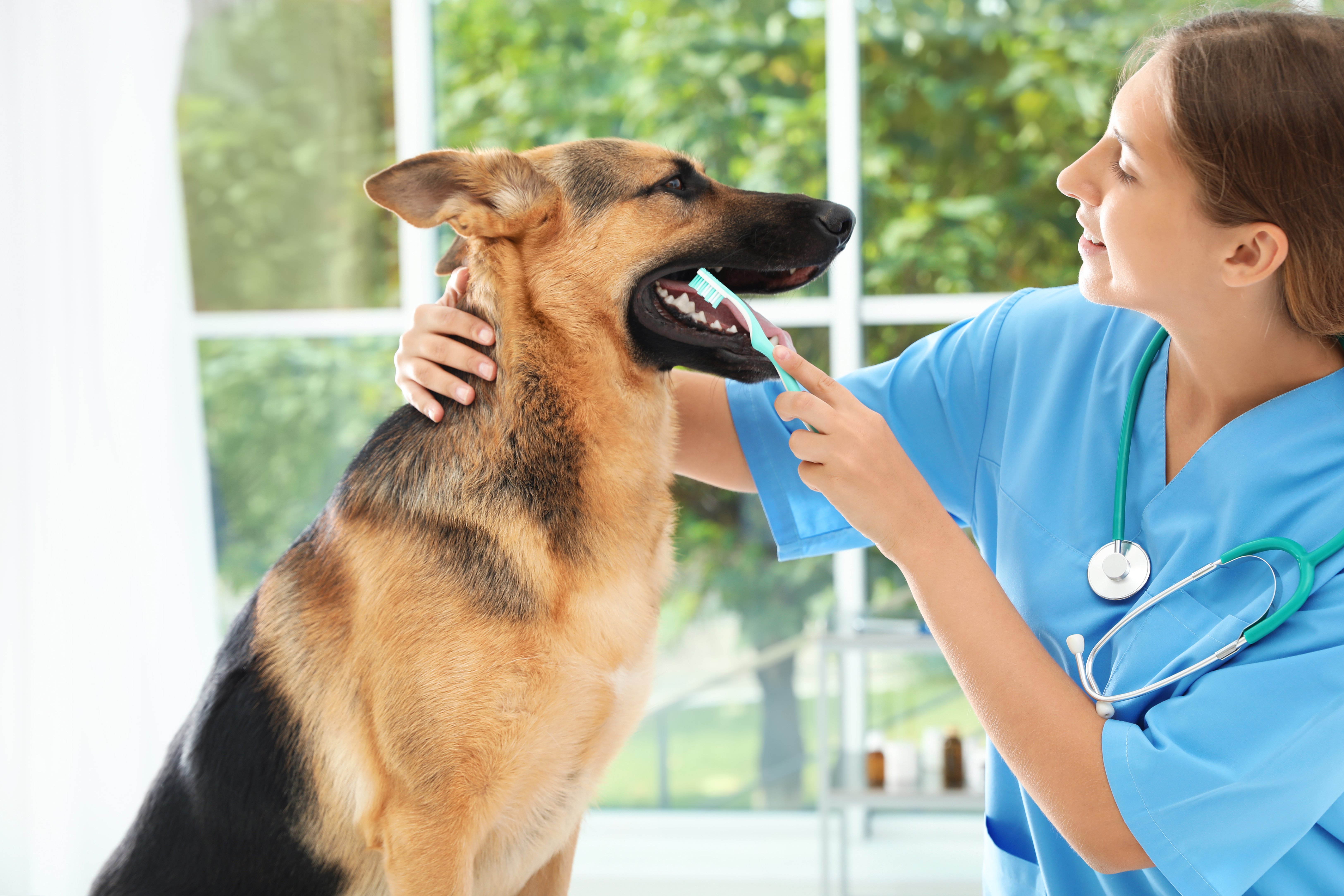
Oral health is important for all our pets, but most pets develop dental issues by the time they turn three years old. It would be best to start caring for your pets' teeth from when they start eating food. Dental issues can be quite painful for pets, so the best care you can give them is to prevent them.
Usually, dental issues start as mild discomfort for a pet before it advances. When left untreated, it can develop into serious health issues. If you think your pet may have dental issues, you should take them for a dental cleaning.
So, what is a dental cleaning, and what should you know about it? Read on to learn what every veterinarian wants you to know about it.
White Teeth Do Not Mean Clean Teeth
Some pet owners may look at their pets' teeth and think because they are white, they are clean. However, tartar buildup does not always show as yellow. Sometimes, it may look just like teeth. Leaving it there because you cannot see it predisposes your pet to dental issues.
One of the best ways to check if your pet has dental issues is through their breath. The bacteria that builds up along the gum line and teeth causes bad breath. These bacteria cause dental disease and damage the teeth roots, causing pain.
Train for Dental Cleaning Early
One of the most important things that your veterinarian wants you to know is that it is important to train your pet early on dental cleaning. The more a pet gets used to its mouth being manipulated, the better for them and the easier it is for the veterinarian. It will significantly reduce stress related to the practice in the future.
You can use positive reinforcement to get them used to the exercise. You can rub peanut butter on your pets' gums while you do it. It will help them relate the exercise with good feelings.
Dental Health Is Important to Overall Health
As with humans, pet dental health is linked to overall health. The pet's mouth is the gateway to all the other organs and body systems. Poor oral health has repeatedly been linked to the malfunctioning of other body systems.
The gingival tissue is uniquely leaky when it is in good health. When infected, it becomes leakier, providing a pathway for plaque bacteria to leak into the bloodstream. When it enters the bloodstream, it can wreak havoc on other organs in the body.
Avoid Giving Hard Chews to Your Pet
While dental chews are effective in helping keep your pets' teeth clean, hard objects can be counterproductive. Hard objects like bones and bully sticks can lead to dental fractures, which can be very painful. Having the veterinarian fix the fractures will cost you quite a bit. One way to check if a chew is safe for your pet is to try to bend it or flex it. If you can, it will likely be safe for your pet.
Your Pet Is Not Too Old for a Cleaning
Some pet owners may think it is too late to take their pets for a cleaning. However, veterinarians advise that starting the cleaning on your pet is great at whatever age.
For more on things about pet dental cleanings your veterinarian wants you to know, visit Springwood Veterinary Hospital at our office in Spring, Texas. Call (281) 370-3262 to book an appointment today.









